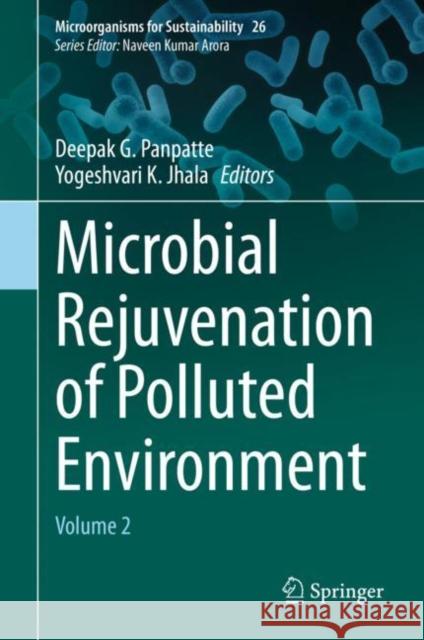Microbial Rejuvenation of Polluted Environment: Volume 2 » książka
topmenu
Microbial Rejuvenation of Polluted Environment: Volume 2
ISBN-13: 9789811574542 / Angielski / Twarda / 2021 / 405 str.
Microbial Rejuvenation of Polluted Environment: Volume 2
ISBN-13: 9789811574542 / Angielski / Twarda / 2021 / 405 str.
cena 925,87
(netto: 881,78 VAT: 5%)
Najniższa cena z 30 dni: 886,75
(netto: 881,78 VAT: 5%)
Najniższa cena z 30 dni: 886,75
Termin realizacji zamówienia:
ok. 16-18 dni roboczych.
ok. 16-18 dni roboczych.
Darmowa dostawa!
Kategorie:
Kategorie BISAC:
Wydawca:
Springer
Seria wydawnicza:
Język:
Angielski
ISBN-13:
9789811574542
Rok wydania:
2021
Wydanie:
2021
Numer serii:
000802068
Ilość stron:
405
Waga:
0.68 kg
Wymiary:
23.88 x 19.56 x 2.03
Oprawa:
Twarda
Wolumenów:
01











